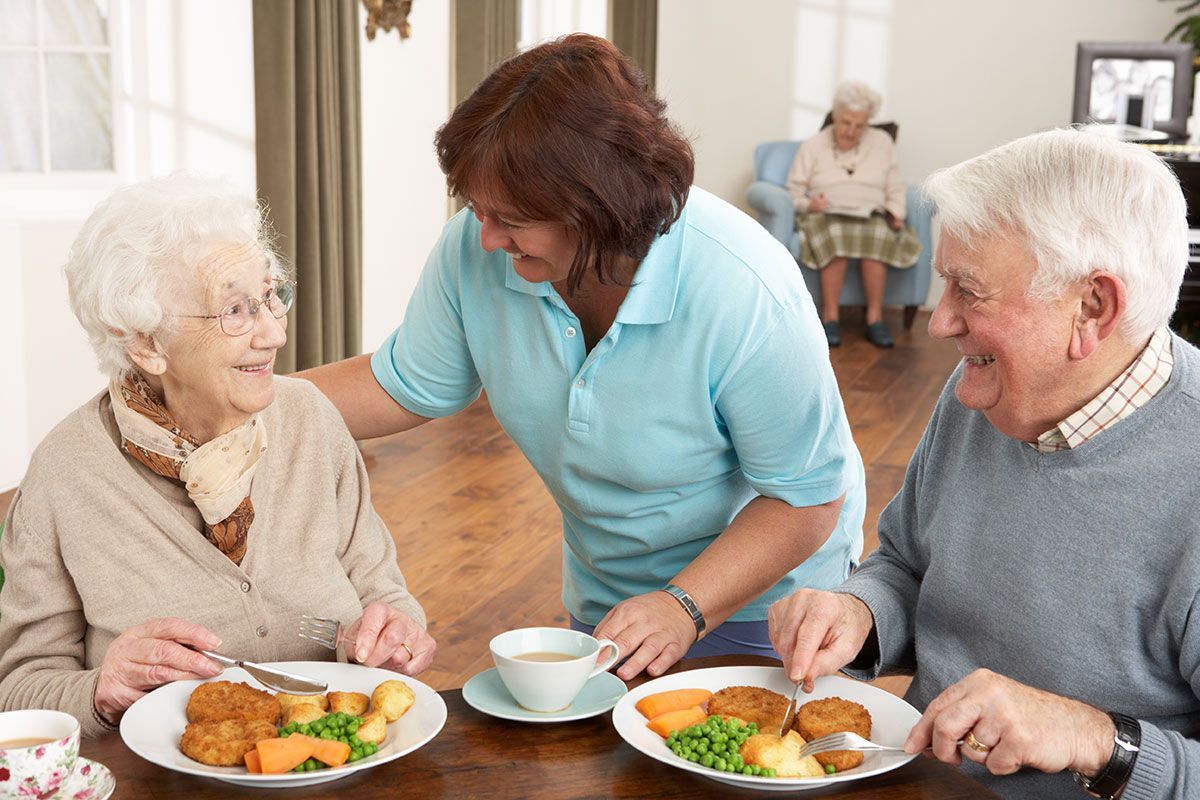Malnutrition and Seniors: What it means and how to prevent it
The food we eat plays a vital role in our lives. Proper nutrition is important for people of all ages, but particularly seniors, as they are particularly vulnerable to malnutrition.
You may think that malnutrition means that a person isn’t getting enough food, but it is more accurately a deficiency in one or more nutrients critical to our body’s function. Malnutrition may cause issues for seniors like a weakened immune system and weak muscles or decreasing muscle mass.
As a caregiver, you’ll want to make sure that the senior in your life is getting a wide variety of nutritious food in order to avoid these issues. However, it is not always as simple as providing nutritious food as there may be other elements at play causing malnutrition. Here are some other factors to consider:
- Changes in taste as patients age - A decline in taste and smell are a normal part of getting older and are usually nothing to be concerned about. However, these changes may make someone less interested in eating which could lead to malnutrition.
- Medications - Medicine may impact someone’s appetite or hinder their ability to absorb nutrients as their body normally would.
- Dementia - Patients with dementia may have trouble remembering to buy groceries or even to eat on a regular basis.
- Restrictive diets - Seniors are more likely to be on a restricted diet to manage health conditions like diabetes. This may cause a deficiency in one or more key nutrients over time depending on their diet.
Of course, this is not an exhaustive list of all physical and mental factors that can play into malnutrition. It is important as a caregiver to be vigilant and mindful to ensure the senior you are caring for gets the nutrition they need. Here are a few things that you can do:
- Monitor weight - Keep a weekly weight log. This will be the easiest way to identify any unintended weight loss and will be a good indicator that something may need to be adjusted in a senior’s nutrition plan.
- Create a meal plan - Planning a grocery list and meal schedule in advance is a good way to ensure that all of your loved one’s dietary needs are being met and there isn’t any area of the food pyramid being overlooked.
- Track medication - It is important that seniors and their loved ones talk to their doctor about the potential side effects of all medications they take. Keep a log of all medication and speak to a doctor if you have any concerns.
- Make meals fun - Gathering together for meals is a great way to encourage social interaction and keep on a regular eating schedule.












